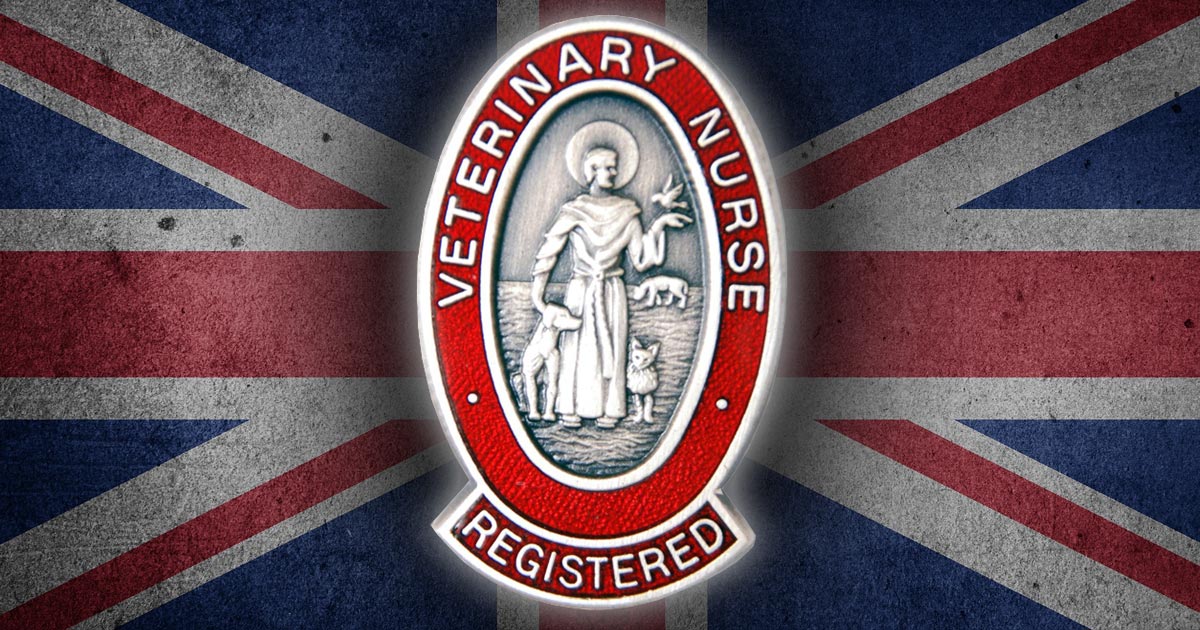Let’s start off this new year with a “State of the Nation” review. After all, in the murky half-light of January it can sometimes feel sluggish and gloomy if you’re uncertain about things coming in the future.
So, let’s banish these feelings (at least for a little while) – where are we now for RVNs?
The good
The criteria of what you need to achieve to gain the right to the use the title “veterinary nurse” and the postnominals “RVN” have been established.
We have the register – and associate membership of the RCVS – as the sole way to be an RVN. The RCVS has also amended the code of conduct to state you cannot refer to anyone in practice as a veterinary nurse if they are not on the register.
We’ve also had the RCVS petition in 2016 to protect the VN title, and from this, Defra agreed to the Schedule 3 survey from which we already have the results – a clear path to reviewing both the skills involved in the schedule and the support offered for vets and nurses. Good. There is growing evidence of our role and clarity in what we do, what we’d like to do and what others would like us to do. Even better.
The bad?
However, two questions I still see raised are:
- “What subjects or areas do I need to do for CPD?”
- “Say someone’s in a non-clinical role, can they still be an RVN if they do no clinical CPD?”
Both valid questions and ones that have answers. So, some clarity to kick off 2018…
Maintaining that place on the register means we need to do 45 hours’ worth of CPD over three years. Now, I think the choice of CPD available is amazing, and I’m so proud to be in a profession where I can go on courses to gain new skills – or improve the ones I already have – in areas as diverse as laser therapy and pet bereavement. Plus, many are run by veterinary nurses.

I imagine most people do a mix of clinical and non-clinical CPD depending on their role. Even those who work in practices where they are based in wards or theatre and don’t see clients can benefit from non-clinical CPD on leadership, mental health support or coaching and mentoring other staff.
Where the majority of CPD you do is likely to be funded by your employer, they may well direct your learning to areas that:
- will benefit the team, and
- you can share with colleagues
You may well work with people who are attending related courses to speed up the changes you can help with – be they for your staff and/or patients.
The details
With these ways to guide your CPD, let’s take a look at what the RCVS has to say about it: “Broadly speaking, any activities you undertake to further your professional competence as part of a planned development programme can be counted towards your CPD.”
I think some people find this worrying and it creates a ”what if” scenario:
- “What if I’m asked to be in theatre monitoring an anaesthetic when I’ve been teaching since I left practice?”
- “What if I’m asked to cover dispensary and I can’t recall the latest VMD regulations?”
Rest easy. The training you’ve had has given you the perspective and understanding to not take on roles beyond your skills. It’s also given you the skills to find the information you need to carry out clinical duties, and you don’t tend to forget them that easily.
I’ve spent time away from clinical work and I can say the bits you think are difficult return quite easily, and you don’t need to recall the full species range of a PCV, either – you can look that up!
The help
If you need any another help deciding what to do for CPD, check the RCVS guidance from the end of 2017. This is termed “clinical governance”, but don’t be scared – it’s a way of you planning and reflecting on your CPD to find events that help and interest you and your job role – wherever you are.
An RVN is an RVN, regardless of what CPD you do. You’ve just got to stay on that register…

Leave a Reply